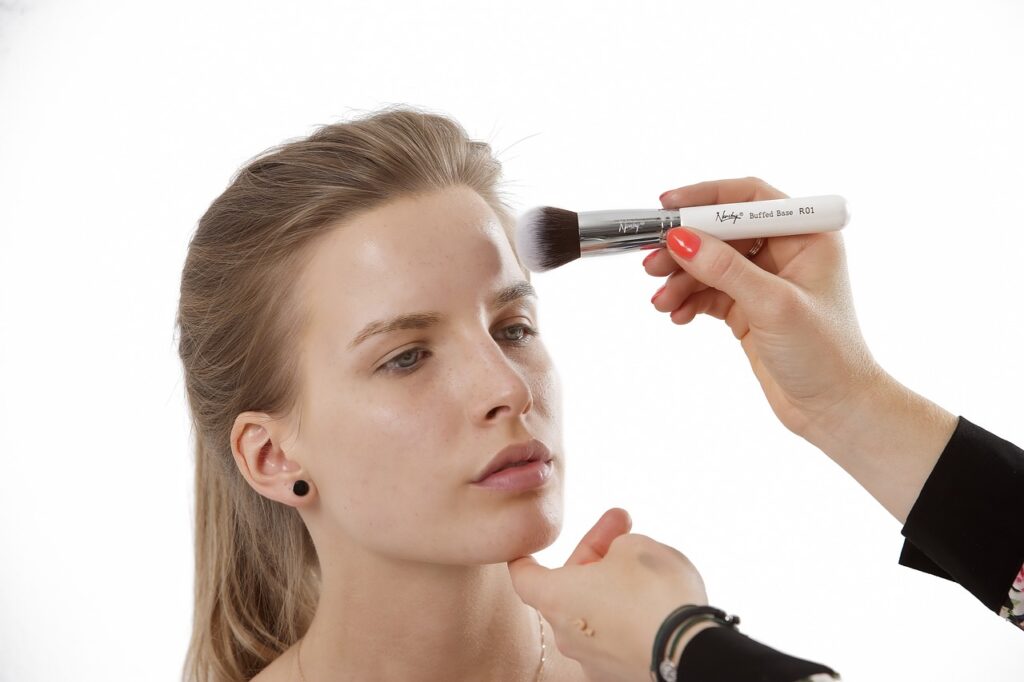Maintaining clear and healthy skin involves a combination of good skincare practices, a healthy lifestyle, and paying attention to your skin’s specific needs. Here are some general tips to help you achieve and maintain clear skin:
- Cleanse Regularly:
- Use a gentle cleanser suitable for your skin type (oily, dry, combination, sensitive) twice a day (morning and night) to remove dirt, oil, and makeup.
- Hydrate:
- Drink plenty of water to keep your skin hydrated from within. Moisturize your skin regularly, especially if it tends to be dry.
- Protect from Sun Exposure:
- Apply a broad-spectrum sunscreen with at least SPF 30 every morning, even on cloudy days. Sun protection helps prevent premature aging and reduces the risk of skin cancer.
- Healthy Diet:
- Eat a balanced diet rich in fruits, vegetables, lean proteins, and whole grains. Nutrient-rich foods provide essential vitamins and minerals that contribute to healthy skin.
- Limit Sugar and Processed Foods:
- High sugar intake and processed foods can contribute to inflammation and acne. Limit your consumption of sugary and highly processed foods.
- Regular Exercise:
- Physical activity improves blood circulation, which helps nourish skin cells and keep them healthy. Exercise also reduces stress, which can positively impact your skin.
- Adequate Sleep:
- Lack of sleep can lead to stress and negatively affect your skin. Aim for 7-9 hours of quality sleep per night.
- Avoid Touching Your Face:
- Touching your face can transfer bacteria and irritate your skin. Avoid picking at blemishes to prevent scarring and further inflammation.
- Clean Makeup Tools:
- Regularly clean your makeup brushes and sponges to prevent the buildup of bacteria that can lead to breakouts.
- Manage Stress:
- Chronic stress can contribute to skin issues. Practice stress management techniques such as deep breathing, meditation, or yoga.
- Choose Non-comedogenic Products:
- Select skincare and makeup products labeled as non-comedogenic, meaning they are less likely to clog pores and cause acne.
- Consult a Dermatologist:
- If you have persistent skin issues, it’s advisable to consult a dermatologist. They can provide personalized advice and recommend appropriate treatments.
Remember, everyone’s skin is unique, and what works for one person may not work for another. It may take some time to find the right combination of products and habits that suit your skin type and address your specific concerns.







